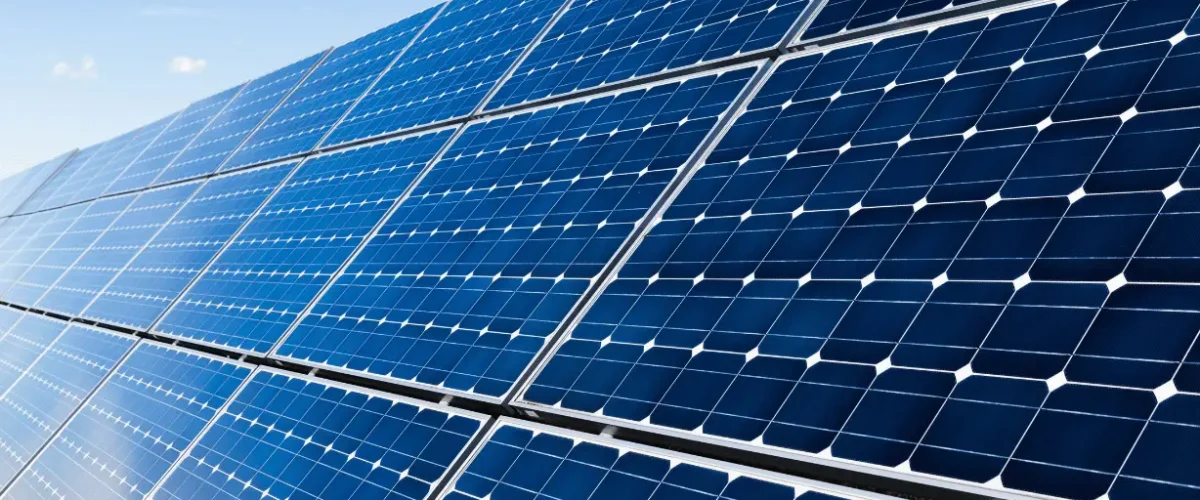Solar panels are a common feature on the rooftops. Increasingly, more homeowners are switching to solar energy in order to cut costs, minimize their carbon footprint, and gain control over their electric bill. However, besides the environmental and financial advantages, there is one more question to ask: Do solar panels add value to your home?
The short answer is yes- solar panels can raise home value, but the precise effect varies with many factors including your location, the size of the system, and how it is financed and what the preferences of potential buyers are.
Why Solar Panels Add Value to a Home
Buyers today are more energy-conscious than ever. A house with solar panels would already have an in-built savings in the electricity bills, and this can be a great selling point.
Here are some of the major reasons why houses with solar panels are more valuable:
Lower Utility Bills
Solar panels convert sunlight into electricity that can be used to power up homes, thereby cutting down or even removing the need to purchase electricity power at the utility company. This can save the homeowners hundreds or even thousands of dollars annually. A customer who is considering two homes of a similar nature, one with solar and one without, will most likely choose the one with the reduced energy bills.
Energy Independence
A house that is powered by the sun has some degree of security against increasing utility bills. Home buyers realize that electricity costs are likely to increase in future, and having a house that generates its own power is a source of comfort.
Environmental Appeal
More buyers today care about sustainability. Solar energy is clean and renewable and this attracts environmentally conscious people and families. A house that minimizes its carbon footprint can be viewed as one that is more modern and progressive.
What the Research Says
A number of studies have examined the association between solar panels and home value. One of the most well-known reports, by the U.S. Department of Energy Lawrence Berkeley National Laboratory, concluded that homes with solar sold at a premium compared with similar homes without solar. The price premium was on average of approximately 15,000 dollars but the results differed depending on the location, size of the system and whether the system was owned or leased.
Other real estate companies such as Zillow have also reported that homes with solar panels sell at a higher price and sometimes more quickly than homes without. In other instances, homes were selling 4 percent higher than homes without solar energy systems.
Factors That Influence How Much Value Solar Panels Add
Although it is evident that the solar panels can add value to the home, it is however dependent on a few significant factors:
Location
The effect of solar panel on home value is more in an environment where the cost of electricity is high or where there are good solar incentives. States such as California, New Jersey and Massachusetts generally have higher returns due to the favorable policies and high utility costs. The states in the Sunbelt such as Arizona and Florida also enjoy a lot of sunshine, which makes solar even more efficient.
Size and Quality of the Solar System
A bigger or more effective system will normally result in greater savings and, consequently, in more value to the home. Panels with long warranty and high quality may be especially appealing to consumers who desire consistent performance.
Ownership vs. Leasing
The type of ownership of your solar panels whether you own or lease it is a big determinant of the impact it has on the value of your home. Paid-off systems are a property asset. Consumers are comfortable with the concept of assuming ownership of a system without a monthly fee and immediate energy savings.
Age of the System
Newer solar systems are more valuable since they still have a lot of years of performance and warranty remaining. An older system is not as efficient and buyers may worry about repairs or replacing the system.
Selling a Home with Solar Panels
In the case that you want to sell your house and it is equipped with solar panels, then you need to know how to sell them as an asset.
Provide Documentation
Maintain all documentation associated with your solar system, such as purchase receipts, warranties, maintenance records, and any energy production reports. These papers assist prospective buyers to learn about the worth and performance of the system.
Work With a Knowledgeable Realtor
Some real estate agents have experience selling solar homes. They will be able to assist in marketing the energy savings, the features of the system, and the advantages to the buyer who may not be well versed in solar.
Highlight Energy Savings
In case your monthly energy bills have been decreased or completely eliminated, make sure that this information should be included in your listing. Buyers are often impressed by real-world savings.
Appraisals and Solar Panels
When a home is sold, the lender of the buyer might insist on appraisal. In the event that the appraiser is knowledgeable about the value of solar, then it can be incorporated into the appraised price of the home. Not every appraiser is trained to appraise solar systems. It is therefore useful to give them a document that shows the size, age and savings of your system.
Other homeowners also opt to have a different solar appraisal done by an expert in energy-efficient houses.
Tax Credits and Incentives
Although tax credits do not have a direct impact on the sale price of your home, they can make solar installation more cost efficient, giving you a greater payback. The federal Investment Tax Credit (ITC) enables you to deduct a percentage of the cost of the solar installation to your federal tax. This assists in countering the initial cost and enhancing the financial gains of the system in the long run.
Things to Consider Before Installing Solar for Resale
When you are considering adding solar panels with the sole purpose of increasing the value of your home before selling it, there are a few things to take into consideration:
- Leasing is not a good option in case you intend to sell soon because buyers may not be willing to take over the lease.
- The buyers find it more attractive and flexible to own.
- The system would be more resale value when it is new or relatively new.
- Maintain energy savings records to be able to demonstrate actual data to interested buyers.


